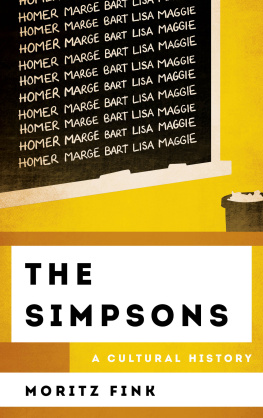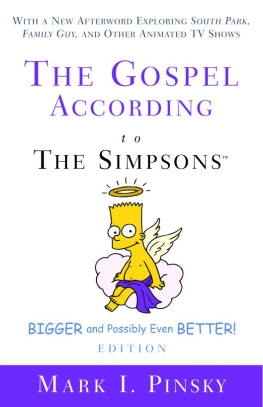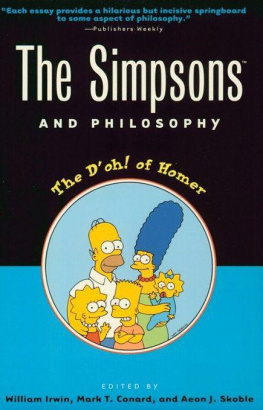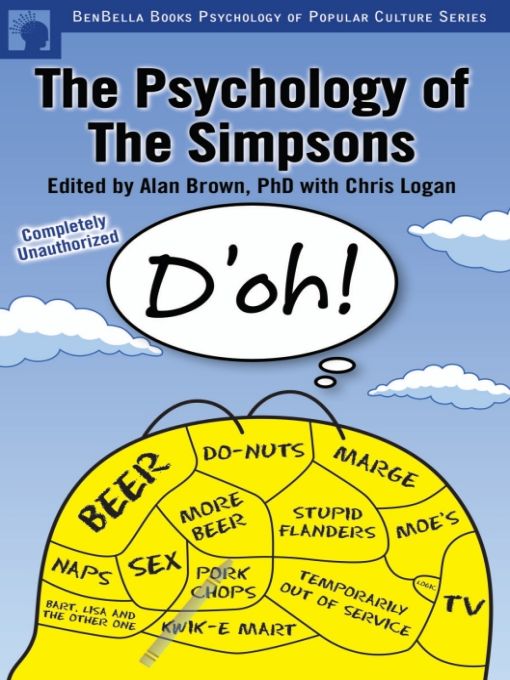Table of Contents
Other Titles in the Smart Pop Series
Taking the Red Pill
Science, Philosophy and Religion in The Matrix
Seven Seasons of Buffy
Science Fiction and Fantasy Writers Discuss Their Favorite Television Show
Five Seasons of Angel
Science Fiction and Fantasy Writers Discuss Their Favorite Vampire
What Would Sipowicz Do?
Race, Rights and Redemption in NYPD Blue
Stepping through the Stargate
Science, Archaeology and the Military in Stargate SG-1
The Anthology at the End of the Universe Leading Science Fiction Authors on Douglas Adams Hitchhikers Guide to the Galaxy
Finding Serenity
Anti-heroes, Lost Shepherds and Space Hookers in Joss Whedons Firefly
The War of the Worlds
Fresh Perspectives on the H. G. Wells Classic
Alias Assumed
Sex, Lies and SD-6
Navigating the Golden Compass
Religion, Science and Dmonology in Philip Pullmans His Dark Materials
Farscape Forever!
Sex, Drugs and Killer Muppets
Flirting with Pride and Prejudice
Fresh Perspectives on the Original Chick-Lit Masterpiece
Revisiting Narnia
Fantasy, Myth and Religion in C. S. Lewis Chronicles
King Kong Is Back!
An Unauthorized Look at One Humongous Ape
Mapping the World of Harry Potter
Science Fiction and Fantasy Authors on the Bestselling Fantasy Series of All Time
The Family Simpson
Like Looking in a Mirror?
Misty K. Hook, Ph.D.
THE UNITED STATES is a country that talks a lot about family values. That particular phrase is often used as the rationale for major social, political and even business decisions. But what does family values mean to individual people? In general, people tend to look at families through two lenses: (a) how their own family operates and (b) how they think other families operate. We tend to think of our family as normal, but at the same time we judge the quality of our family life based on what we think other families are like. We form our views of other families based on what other people tell us... and what we see on television.
This can be unfortunate, because we tend to look at other families through rose-colored glasses. We have to rely on what other people tell usand their accuracy is often in question. After all, who wants to admit that their family is flawed? Family processes are shrouded in secrecy. Gone are the days when we all lived together and could actually see how families talked and played together, what kinds of discipline methods were used, and what roles everyone played. Now we have to guess how it is that other families behave or rely on possibly erroneous self-reports.
Given this secrecy and the reluctance people have to let others into their private lives, where are we to look for examples of family life? Why, TV, of course! By making hits of TV shows like The Brady Bunch, The Waltons and The Cosby Show, we showed ourselves to be fascinated by other families. However, the early television version of families was too sanitized, too perfect. The Bradys didnt even have a toilet and six kids shared a bathroom without maiming or killing each other! Anyone who has ever had to share a bathroom with even one sibling knows that is very optimistic. The Walton and Huxtable parents rarely lost their cool! Clearly these were Stepford parents. We enjoyed these shows because they portrayed families as we wished they were in real life. Of course, its all too easy to view our own families poorly in comparison.
Into this atmosphere of warm, loving and ideal families came the fledgling network FOX. They had other ideas about familiesthey could be loud, hostile, deviant and quite dysfunctionaland their programming reflected these notions. Thus, in its early days, FOX brought us two of the most dysfunctional family sitcoms to date: Married with Children and The Simpsons. The Bundy family depicted in Married with Children was too outrageous to be seen by most viewers as anything but a parody. The Simpson family was different. While they too could be rude and insulting, there was a soft core at the center of their dysfunction. This was a family who, at the end of the day, were there for each other. They loved each other and this could clearly be seen through their forgiveness of each other, their unity in the face of external adversity, their sacrifices and their own brand of affection. In many ways they were more like our families than the Bradys or the Cosbys. It was these qualities (along with all the things that the Simpsons get away with) that, in a TV Guide poll, made so many people choose the Simpsons as the TV family to which they would most like to belong.
In the Simpsons, we have a family that draws people into their world week after week, year after year. What does their family say about us? Are they the American family? Do they fit into our cultural ideals about families in general? Do they reflect our way of life, our family members, and our family values? Are they truly dysfunctional? In short, we need a deeper analysis of the Simpsons as a family within the larger system of families in the United States.
General Family Demographics
As a family, the Simpsons accurately reflect a large portion of the families in the United States. They are Caucasian, middle-class and have a typical family structure in that their nuclear family is comprised of two married heterosexual adults, three kids, a cat and a dog. They live near some extended family, including a grandfather, a grandmother (occasionally) and two aunts. Gender roles are somewhat traditional as Homer is the primary breadwinner and Marge, although she dabbles in outside careers, is generally a stay-at-home mother. Homer is allowed to come and go pretty much as he pleases, while Marge volunteers in the community and rules over the domestic domain. Thus, from the outside looking in, it seems as though the Simpsons look like a normal middle-class, Caucasian family. However, upon further examination, this is not exactly the case.
Family Hierarchy
When thinking about families, you usually expect to see a clear hierarchy. When there are grandparents around, they frequently hold considerable influence. They are followed in power by the parental dyad, with the father generally being the most powerful. Directly below the couple are the other adults in the family (like aunts and uncles). At the lowest end of the power spectrum are the children, with the most power being held by the oldest child and the youngest having the least amount of power. At first glance, the Simpson family appears to totally disrupt the traditional power hierarchy... but do they really?
In contrast to what you would expect to find, it seems as if Grandpa Abraham Simpson has the least amount of power in the family. He is treated as little more than a child and is often even ignored. Marge, Homer and the kids frequently laugh at his failing memory and his ineffectual attempts to get what he wants. Even Bart and Lisa do not listen to him. He is left behind, forgotten and rarely invited to spend time with the family (Marge: Are you really going to ignore Grandpa for the rest of your life? Homer: Of course not, Marge. Just for the rest of his life).














